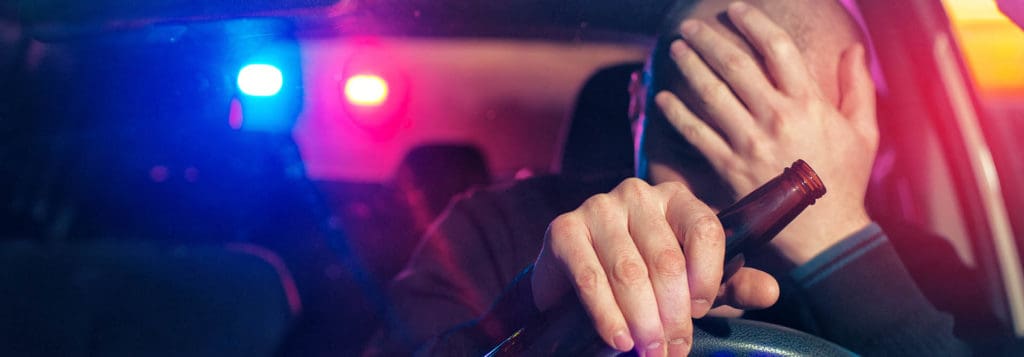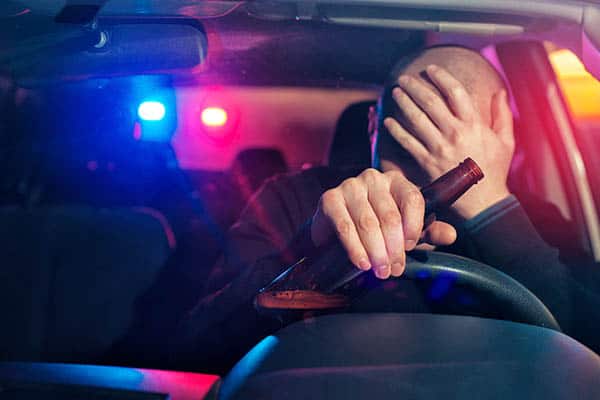The bar has a profit motive, but they also have a responsibility to their customers and to the public. When the bar puts their profit motive ahead of their responsibility, that’s when a trap shot case arises.
Bars, Profit Motives, and the “Trap Shot” Case: When Business Interests Cross the Line
Bars and nightclubs are places where people go to relax, socialize, and enjoy themselves. But behind the scenes, these businesses are also profit-driven entities. While making a profit is not inherently unethical, there’s a fine line between legitimate business practices and actions that put patrons at risk. One troubling example of how the profit motive can cross that line is found in cases like the so-called “Trap Shot” incidents, where bars allegedly serve customers extremely strong, often misleadingly named drinks designed to incapacitate rather than entertain.
The Profit Motive in the Bar Industry
Like any other business, bars aim to make money. Their revenue largely comes from alcohol sales, and the higher the sales, the higher the profits. This creates an incentive to encourage customers to drink more, stay longer, and spend more. Some bars offer drink specials, ladies’ nights, and themed events to draw in crowds. However, in the pursuit of higher margins, some establishments may resort to ethically questionable or even dangerous practices.
What Is a “Trap Shot”?
The term “Trap Shot” refers to a drink that appears harmless—perhaps sweet, fruity, or attractively named—but is actually loaded with a high concentration of alcohol or even mixed with substances that increase intoxication rapidly. These shots are often served with the intent to get patrons intoxicated as quickly as possible, sometimes without their full understanding of how strong the drink is.
In some reported cases, bars have used these shots to manipulate customers into spending more, staying longer, or becoming more susceptible to other costly purchases. Even more troubling is the allegation that such drinks have been used to impair individuals to the point where they are unable to make informed decisions or even protect themselves—raising concerns about consent and safety.
The Legal and Ethical Issues
Cases like the Trap Shot controversy highlight several legal and ethical issues:
- Informed Consent: Patrons have a right to know what they’re consuming. If a drink is deceptively strong or contains substances not disclosed, this raises serious ethical questions. It could also constitute a violation of consumer protection laws.
- Over-Serving: Most states have laws prohibiting the serving of alcohol to visibly intoxicated persons. If a bar is intentionally serving Trap Shots with the goal of quickly impairing patrons, it could be in direct violation of these laws.
- Liability: If a customer becomes seriously ill, injured, or is assaulted after being served such a drink, the establishment could be held liable for negligence or even more serious legal claims. Dram shop laws in many states allow injured parties to sue bars that serve alcohol irresponsibly.
- Sexual Assault and Consent: One of the darkest implications of the Trap Shot phenomenon is its potential link to predatory behavior. A person who is incapacitated cannot legally consent, and if a bar is complicit—either directly or indirectly—in facilitating such situations, it opens the door to criminal and civil liability.
The Trap Shot Case: A Wake-Up Call
In one high-profile case, a bar was sued after multiple patrons reported blacking out after consuming a specific house shot. Victims claimed the drink was deceptively mild-tasting but had severe effects. Some reported being unable to remember the night and later discovering they had been taken advantage of. The bar, facing lawsuits and public backlash, eventually closed its doors.
Investigations revealed that bartenders were encouraged to push the drink on customers and that management was aware of its unusually high alcohol content. Lawsuits alleged negligence, failure to warn, and reckless endangerment, among other charges.
What Needs to Change?
Cases like this underscore the need for better regulation, training, and accountability in the bar industry. Bars should:
- Clearly label drink contents and alcohol strength
- Train staff to recognize signs of intoxication
- Have protocols to prevent over-serving
- Take customer safety seriously, beyond just maximizing profits
Conclusion
While the goal of any business is to earn money, bars have a unique responsibility because they deal in intoxicating substances. When profit motives overshadow safety, the consequences can be devastating. The Trap Shot case serves as a cautionary tale about what happens when that line is crossed. Businesses must prioritize ethics and accountability alongside profitability—or face serious legal, social, and reputation consequences.

Contact our team to learn more about this.

Recent Comments